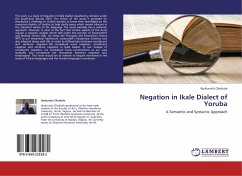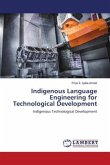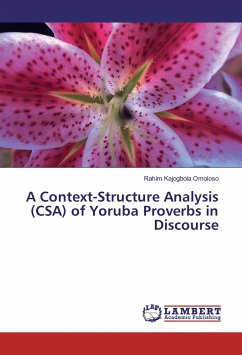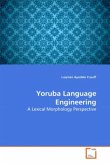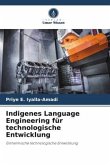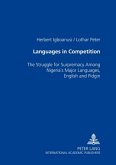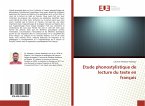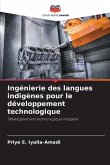This work is a study of negation in I ka le Dialect classified by scholars under the South-East Yoruba (SEY). The choice of the study is premised on Awobuluyi s challenge to Yoru ba scholars to beam their searchlight on the numerous dialects of Yoru ba to help clarify issues which remain obscure in the Standard variety of the language. The study basically, has a semantic approach. However, in view of the fact that certain aspects of the study require a syntactic analysis which falls under the purview of Government and Binding Theory (GB), we chose the Principles and Parametres Theory (PPT) as our theoretical framework. Jackendoff s Paraphrase Criterion was also adopted along with GB, in order to differentiate between constituent and sentence negation. We considered word negation, constituent negation and sentence negation in I ka le Dialect. In our analysis of constituent negation, we considered focus constructions as our case study.We also considered the interaction between negation and tense/aspect. This work should be of interest to linguist interested in the study of African languages and the Yoruba language in particular.

